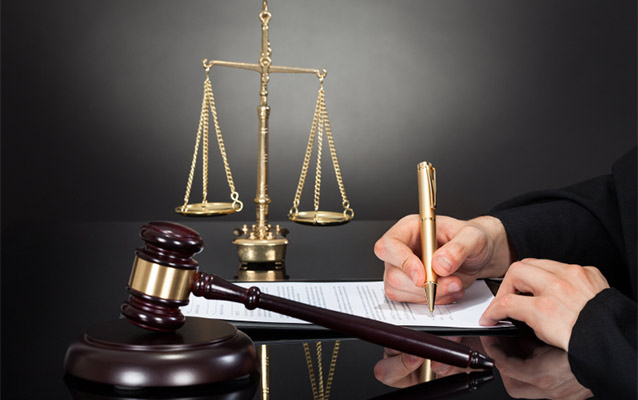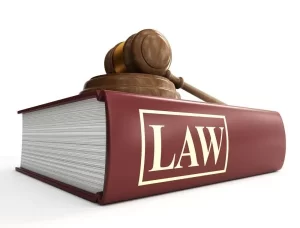
Creating a legally valid will involves a careful consideration of various principles. In this blog post, we delve into the interconnections between these legal principles of wills laws, highlighting their significance in ensuring the validity and effectiveness of testamentary documents.
Freedom of Testation
The principle of freedom of testation establishes an individual’s right to determine the distribution of their assets after death. It allows the testator to allocate their estate as they see fit, within the limits of the law.
Testamentary Capacity
Testamentary capacity refers to the mental competence required for a person to create a valid will. This principle ensures that the testator possesses the necessary understanding and awareness of the nature and consequences of their actions when executing the will.
Undue Influence and Duress
Undue influence and duress are important considerations in will formation. These principles guard against situations where a testator’s decision-making is compromised by external pressures or coercion, ensuring that the will represents their true intentions.

Proper Execution and Formalities
The proper execution and formalities principle outlines the legal requirements for a valid will. It includes aspects such as the need for a written document, the presence of witnesses, and the testator’s signature. Adhering to these formalities helps prevent disputes regarding the authenticity of the will.
Revocation and Amendment
The principle of revocation and amendment enables a testator to modify or revoke their will during their lifetime. It ensures that individuals have the freedom to update their testamentary wishes as circumstances change, maintaining the relevance and accuracy of their will.
A wills laws is an effective tool for protecting your assets and preventing disputes or claims over your estate. By clearly specifying the distribution of your assets, you minimize the chances of conflicts arising among family members or potential beneficiaries. Interconnecting the legal principles of will formation is essential for creating valid and effective testamentary documents. By respecting these legal principles, individuals can secure their legacies and provide clarity for their loved ones during the probate process.
So, when considering the creation of a legal one, remember the potential of wills and the impact they can have on future generations. However, an estate planning attorney can help you navigate complex legal documents. They will ensure that these documents are drafted correctly, reflecting your intentions and complying with the applicable laws. This legal guidance and attention to detail minimize the risk of errors or oversights that could jeopardize your estate plan.




